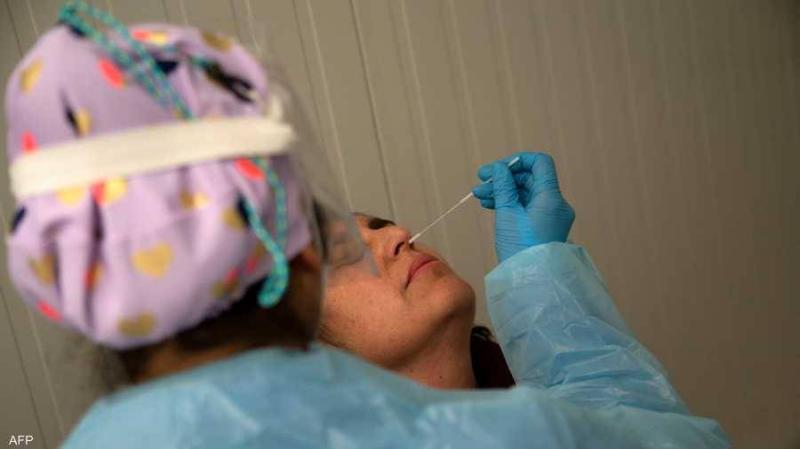With the emergence of variants, researchers have developed a PCR test that can not only diagnose infections but also identify the specific variant causing that infection. Researchers from "Tactical Healthcare and Services" and their collaborators at Rutgers University have quickly allocated resources to develop an accurate and reliable COVID-19 test. They published their methodology in the journal "Molecular Diagnosis," enabling any facility conducting PCR tests to replicate it.
The researchers utilized "molecular beacons," a pioneering technology from Rutgers University, which are hairpin-shaped molecules designed to selectively bind to a specific variant sequence. Nine mutations were selected for the test, each with different colored dyes, so that when a molecular beacon binds to the target molecule, it can be detected by its distinctive color. The researchers tested each beacon individually to confirm its specificity for the particular mutation. Subsequently, the beacons were combined in a PCR test on 26 patient samples that had previously been tested and identified by deep sequencing.
Two samples were identified as the "Alpha" variant, two as the "Epsilon" variant, and eight as the "Delta" variant. The molecular beacon test fully agreed with the deep sequencing results, achieving 100% sensitivity. The researchers reported that "the test is also adaptable; when (Omicron) emerged, they were able to design a beacon in less than a month to identify a unique mutation of (Omicron) that is significant for immune evasion." They identified the "Omicron variant" in 17 out of 33 previously tested patient samples, with results consistent at 100%.
Ryan DeCadena, a co-researcher in the study, stated in a report published on the Rutgers University website that "the tools developed to track and identify new variants will be beneficial for this pandemic and for any unexpected viruses or pathogens that may arise in the future." He added that "the pandemic is not over yet, and we urgently need a global monitoring system for emerging strains that could be more contagious or deadly. Furthermore, identifying specific strains provides crucial information, such as the duration of the incubation period, the length of the infectious period, transmissibility, clinical symptoms, and even changes in prevailing symptoms."




